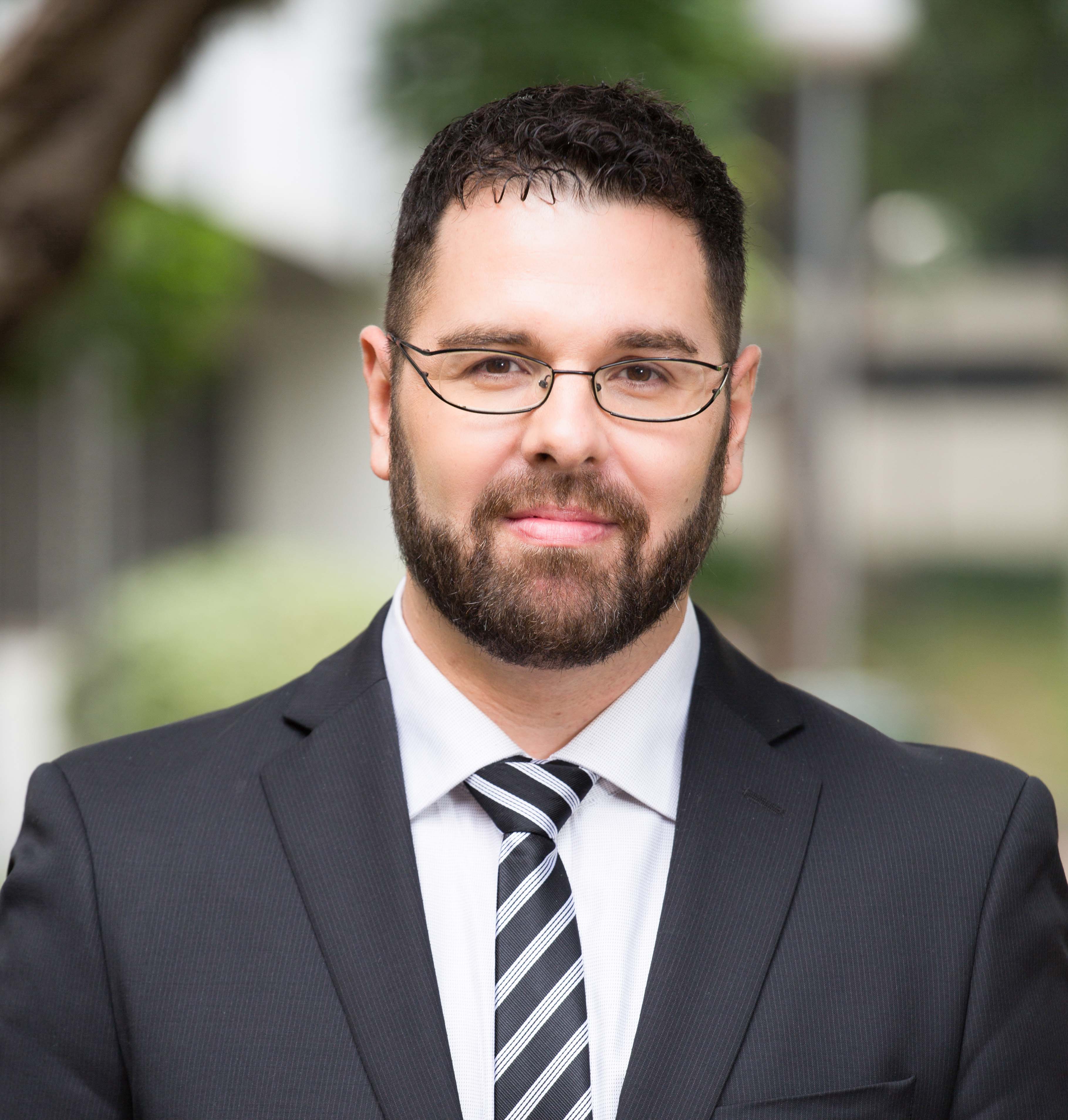New Associate Professor at TNU: Rodrigo Grassi-Oliveira
Developmental Neuroscience, Metabolic Psychiatry and Stress Neurobiology are Rodrigo Grassi-Oliveira's main research areas.

Developmental Neuroscience, Metabolic Psychiatry and Stress Neurobiology
Rodrigo Grassi-Oliveira, MS, MD, PhD, Habilitation (equiv. D.M.Sc.)
Associate Professor, Department of Clinical Medicine - Translational Neuropsychiatry Unit
Research Focus
Early life stress (ELS), such as parental deprivation, neglect, abuse, or exposure to threats, has been described as an important risk factor to a wide range of long-term adverse health and developmental outcomes, including impaired working memory, schizophrenia, anxiety and stress-related disorders and addictions. Overall, it generates a combined annual cost of around €42 billion in Europe and €67 billion in North America. Therefore, it could be considered a non-specific risk factor to psychiatric morbidity, in line with the idea of the psychopathology p factor (i.e., a general latent dimension encapsulating the individuals’ proclivity to develop all forms of psychopathology).
One of the possible mechanisms associated with such risk is that ELS would induce long-term cognitive impairments, especially in sensitive regions, such as the prefrontal cortex (PFC) and hippocampus, thus leading to further difficulties to cope with environmental inputs.
Our research has interdisciplinary and translational values, from animal studies to human neuroimaging and it is driven by a strong interest in understanding how early life environment interacts with (epi)genetic structures, modify cognitive development and increases the risk for neuropsychiatric disorders, including addiction, later in life.
Specifically, our focus is to investigate how ELS derails the course of brain development, promoting cognitive impairments associated with immune, metabolic and molecular long-lasting modifications.
Considering that ELS can lead to aberrant metabolic and inflammatory response, abnormal microglia reactivity, and cognitive impairments, it is possible to hypothesize that an early treatment focused in the reduction of chronic neuroinflammation response and the metabolic risk would be able to attenuate such neurocognitive deficits, reducing the p factor and consequently neuropsychiatric morbidity later in life.
In summary, all our efforts have been done to understand if molecular, immune and metabolic pathways related to brain plasticity and brain development can be harnessed to reverse the deleterious effects of early life adversities before they reach clinical significance.
Short bio
Prof. Grassi-Oliveira has a background in early life stress (ELS) studies as well as an established expertise in developmental cognitive neuroscience and stress neurobiology. Part of his research efforts is dedicated to comprehending people/animals who have had atypical experiences during childhood/adolescence, such as exposure to drugs, neglectful or abusive relationships, or traumatic experiences.
He completed his MD, his residency in Psychiatry and his PhD in Brazil where he had an accomplished trajectory as a clinician, researcher and educator. He has several international cooperation agreements, he has been continually funded by international agencies (including NIH), and he holds a permanent position as international associate professor at the Brain Institute of Rio Grande do Sul (PUCRS, Brazil). Dr. Grassi-Oliveira received many awards in his career, and in 2014 he got his Habilitation in Psychiatry (equiv. DMSc) with distinction. Professor Grassi-Oliveira has published more than 170 peer-reviewed articles and several book chapters.
Link to Rodrigo Grassi-Oliveira's profile at Aarhus University
